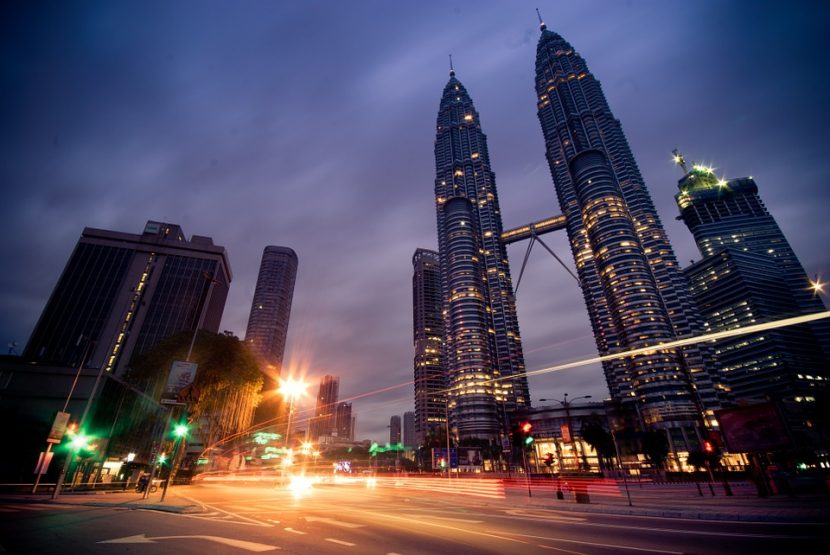SOUTH CHINA MORNING POST. 3RD APRIL: Data on outflows is scarce, but the signs suggest new demand to get capital out of China, where real estate confidence is fragile
Agents say Chinese interest is ticking up in Thailand and helping to boost prices in Singapore, while Chinese students are bagging flats Australia
The end of China’s strict Covid-19 border controls is prompting pent-up cash to begin flowing abroad, property agents and data from Australia to Singapore suggest.
Chinese demand is helping boost Singapore property prices, Chinese students are snapping up flats in Sydney and Melbourne, and agents say Chinese interest is ticking up in Thailand.
Data on the early trickle of outflows is scarce, but the signs suggest new demand to get capital out of China, where real estate confidence is fragile and the government’s tax rules and criticism of wealth accumulation make investing abroad more attractive.
“Enquiries from regional Asia property investors have doubled since the borders opened, especially from the Chinese,” said Ian Chen, founder and chief executive of Jalin Realty, which operates in China, Australia, Malaysia and Singapore.
“Most of the investors who are buying now are those who just need to get some money out. We are not seeing a big wave, but definitely there is interest and a lot of enquiries – especially from students who are coming back to Australia.”
Australia’s property data is not broken down by nationality, but agents say recent foreign interest has helped stabilise prices and push clearance rates in Sydney to a one-year high in February.
Singapore is seeing families and money flowing in.
Joey Wang, a director at CS Corp, an accounting firm that provides migration advice in the city state, has gained some 300 mostly Chinese clients since the pandemic. “Covid and the lockdown gave people a lot of time to think about their future,” Wang said.
The Singapore American School has “seen significant interest from Chinese families looking to enrol,” it said in a statement responding to questions.
One “measurement of disguised capital flight” is persistent net capital outflows through tourism but for other purposes, analysts at French bank Natixis said in a note, referring to larger capital transfers that accompany travel.
“A lot of people have been travelling to Thailand since reopening and they will look at the property market,” said Jenny Yan, marketing manager at a Shenzhen company that specialises in buying overseas properties.
“Properties in Thailand or Malaysia are pretty cheap, even cheaper than those in a third-tier Chinese city,” she said, with a luxury house costing about 2 million yuan (US$300,000) and an apartment a quarter of that.
“With this many people travelling, there will be demand for buying.”


